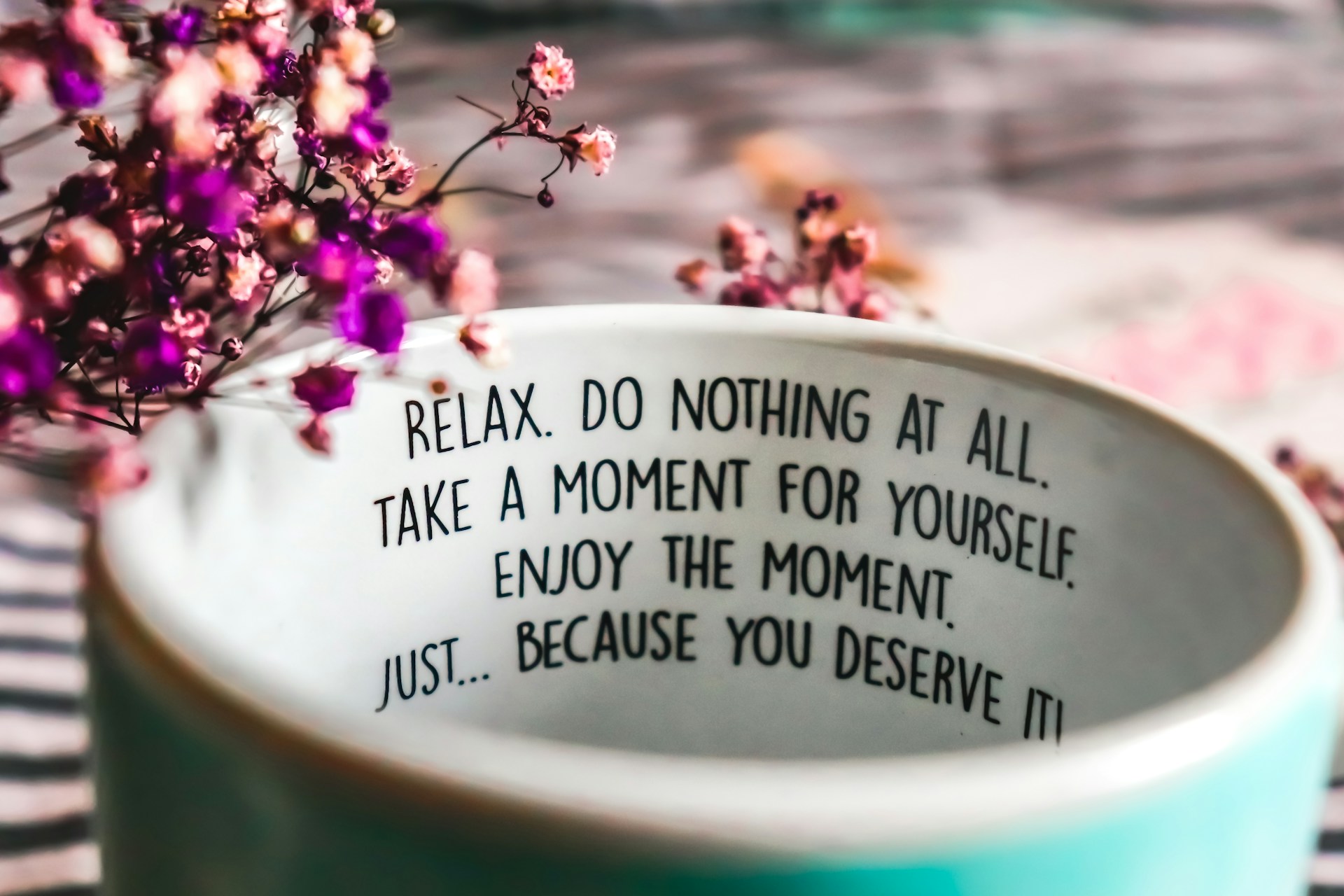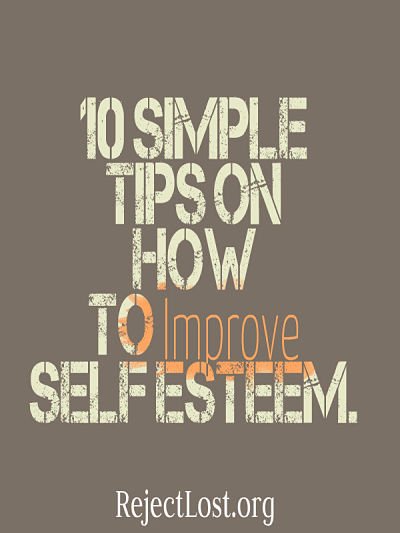Taking care of your mental health doesn’t have to be complicated or stressful. Tiny, everyday habits can quietly shift how you feel, helping you stay calmer and more focused. Some approaches may seem a little unusual at first, but they can really make a difference over time. Here are seven practical ways to support your well-being and give your mind a break when it needs it most.

Forest Immersion
Being outside among trees and greenery can do wonders for your mood. Even a short walk in a local park, paying attention to the sights and sounds, can calm racing thoughts. Try noticing the way leaves move in the breeze or the subtle sounds around you—birds, wind, footsteps. Let yourself wander without pressure to think or solve anything. These moments give your brain a chance to reset naturally. Over time, consistent exposure to nature can leave you feeling lighter, calmer, and more centered.
Micro‑Acts of Rebellion
Small, harmless tweaks to your daily routine can be surprisingly liberating. Wearing mismatched socks, taking a slightly different route to work, or switching up a regular habit can make life feel less rigid. These tiny acts remind you that you have control over your day, even in small ways. They’re not about shocking anyone—they’re about reclaiming autonomy and having a little fun. Over time, these playful changes can reduce stress and give your brain a sense of novelty.
Safe, Alternative Stress-Reduction Modalities
Some stress relief tools don’t shout—they hum. Lavender oil, when diffused or applied topically, can help calm the nervous system. Ashwagandha supports the body’s stress response, helping it handle tension more smoothly. And THCa—a non-psychoactive cannabinoid—is gaining attention for its relaxing properties without inducing a high. Learn more about THCa diamonds and their effects. These aren’t instant fixes, but they can provide gentle support for mental balance. Experiment slowly and mindfully to see what works best for you.
Productive Mind Wandering

Letting your mind wander isn’t wasted time—it’s essential mental breathing space. While walking, showering, or sitting quietly, allow yourself to drift through thoughts without trying to control them. This practice can help process emotions, connect ideas, and even spark solutions to problems you hadn’t consciously considered. It’s a gentle, natural way to reset your brain. Over time, giving yourself permission to daydream regularly can enhance creativity and emotional clarity.
Art & Music for Emotional Health
Engaging with art or music can calm your mind in ways words sometimes can’t. Sketching, painting, or even doodling allows you to express feelings without talking. Listening to music, humming along, or experimenting with an instrument can shift your mood and relax your body. Skill doesn’t matter—what counts is how fully you engage with the activity. Making room for creative time in your week provides a reliable outlet for stress and helps you feel more grounded.
Expressive Writing
Writing down your thoughts can be surprisingly soothing. Journaling helps you organize emotions, make sense of challenges, and release mental clutter. Even a few minutes a day can give you perspective and a sense of control over recurring worries. Don’t worry about grammar or style—just let your thoughts flow freely. Over time, this simple practice can improve clarity, reduce stress, and make it easier to navigate difficult emotions.
Movement-Based Therapy
Moving your body has a direct effect on your mental state. Activities like yoga, hiking, or adventure-based therapy combine physical exertion with reflection, helping release tension and boost confidence. Doing these activities with others can also provide support and accountability. Over time, consistent movement can improve emotional stability, sharpen focus, and leave you feeling lighter. Even small, regular efforts have a meaningful impact on mood and resilience.
Improving your mental health doesn’t have to be complicated. Small, consistent practices—spending time outside, trying playful routines, daydreaming, creating, journaling, and moving your body—can quietly shift how you feel each day. Try a few of these methods and notice which ones resonate with you. Over time, these little efforts add up, helping you feel calmer, more focused, and better equipped to handle life’s ups and downs.
Discover empowering quotes and practical tips to overcome life’s challenges at Reject Lost — your go-to source for inspiration and self-improvement!


